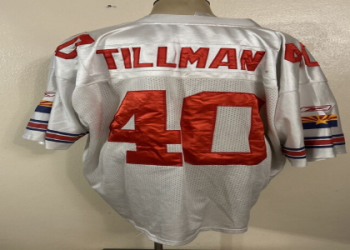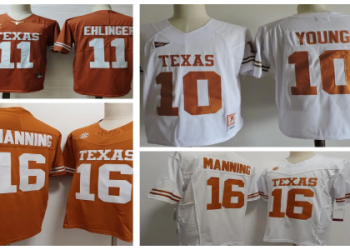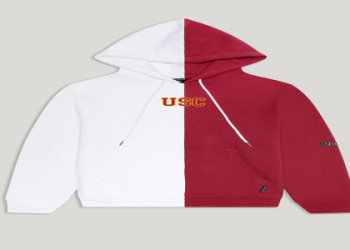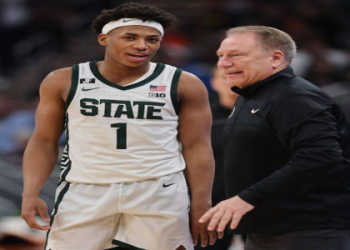Okay, let’s talk about this James Madison University football situation. I kept seeing them pile up wins this season, looking really dominant, you know? Undefeated for a long stretch. Naturally, I started thinking about bowl season, figuring they’d locked up a spot somewhere decent.
But then I started hearing chatter online and from buddies that JMU, despite their awesome record, wasn’t going to a bowl game. That stopped me in my tracks. How could that be? They were clearly good enough, beating established teams. It didn’t add up in my head. My first thought was, maybe they messed up somewhere? Some kind of penalty?
So, I decided to dig into it myself. Wasn’t finding clear answers right away, just lots of fan frustration, which I understood. I spent some time searching around, trying different phrases like “JMU bowl ineligible” and “NCAA rules FBS transition”. It took a bit of clicking and reading through some forum posts and news snippets.
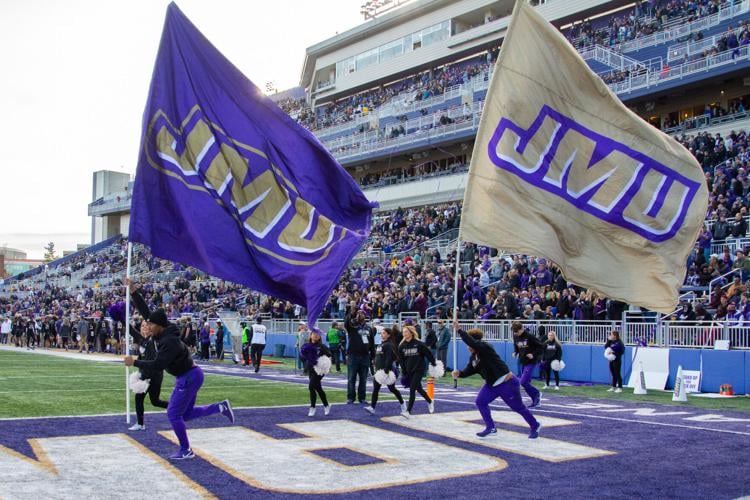
Eventually, I landed on the core issue. It turns out there’s a specific NCAA rule for schools moving up from the Football Championship Subdivision (FCS) to the Football Bowl Subdivision (FBS), which is the top level.
Basically, the rule says a team has to go through a two-year transition period when they make that jump. And during those two years, they aren’t eligible for postseason play, including bowl games. It doesn’t matter how good they are, how many games they win, or who they beat. It’s an automatic waiting period.
I learned that JMU officially started this transition process before the 2022 season. So, 2022 was their first year in FBS, and this 2023 season is their second year.
That’s the kicker. Since they’re still in that mandated two-year window, the rules say they just can’t go to a bowl game this year. It’s not about their performance, it’s about fulfilling this transition requirement set by the NCAA. The idea, I guess, is to make sure schools are fully prepared resource-wise and compliance-wise for the higher division before they get all the perks, like bowl eligibility.
Honestly, seeing them play so well and knowing they couldn’t compete for a bowl felt a bit strange. You want to see teams rewarded for great seasons. But, the rule is the rule, and it applies to every team making that move. They knew this going in, part of the deal when deciding to move up.

So, the bottom line I found is simple: JMU couldn’t play in a bowl game this year because they are in the second year of the NCAA’s mandatory two-year transition period after moving up from FCS to FBS. They’ll be fully eligible starting next season, in 2024.




